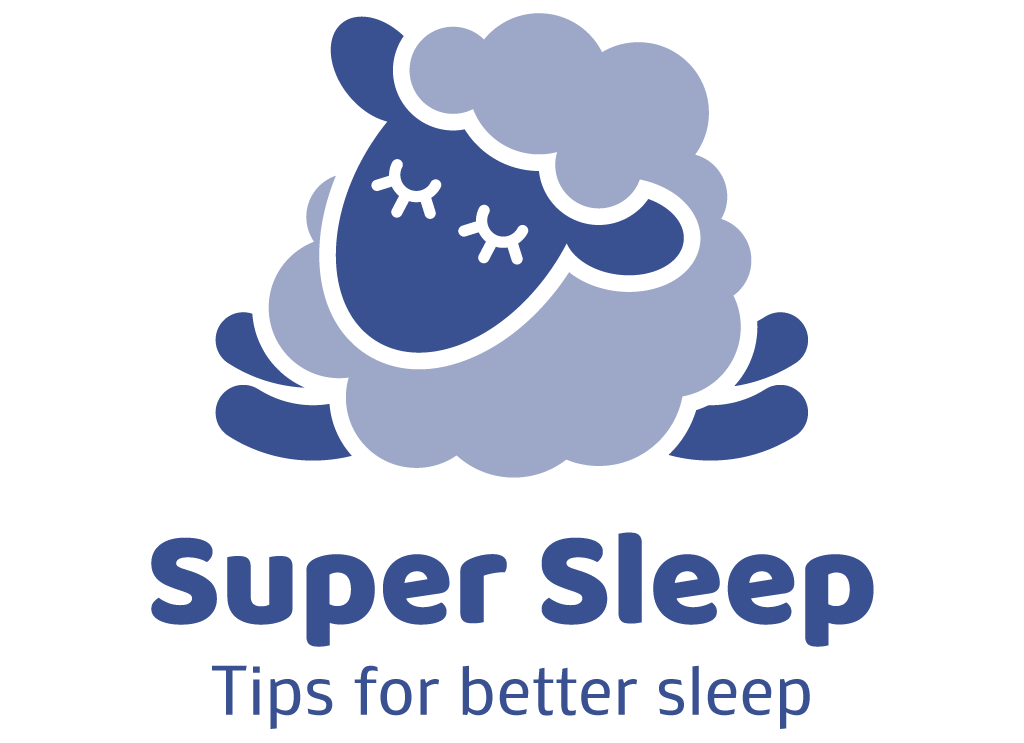Exercise and sleep are closely linked. Numerous studies have shown that regular physical activity can improve sleep quality, make it easier to fall asleep, and enhance both physical and mental recovery. Exercise stimulates the production of hormones that promote well-being, regulates stress, and helps synchronize the body’s internal clock, making it easier to rest. However, to fully reap the benefits of exercise on sleep, it’s important to understand how physical activity affects different aspects of rest.
1. Improving Sleep Quality
One of the most noticeable effects of physical activity is the improvement in overall sleep quality. People who exercise regularly tend to spend more time in the deep sleep stages, also known as slow-wave sleep (stage 3 of the sleep cycle). Deep sleep is crucial for physical recovery, as it is during this phase that the body repairs tissues, strengthens the immune system, and releases growth hormones.
How exercise improves sleep quality:
- Reduces time to fall asleep: Regular exercise helps reduce the time it takes to fall asleep, partly because it relaxes the muscles and helps release built-up tension from the day.
- Increases deep sleep duration: Exercise extends the duration of deep sleep, allowing the body to regenerate more effectively. This helps you feel more rested and energized upon waking.
- Reduces nighttime awakenings: Active people are less likely to wake up frequently during the night because their sleep is more continuous and restorative.
2. Regulating the Circadian Rhythm
The circadian rhythm is the body’s internal clock that regulates wake-sleep cycles based on the alternation of day and night. Physical activity helps synchronize this rhythm, which is particularly beneficial for those suffering from insomnia or sleep disorders related to jet lag or night shifts.
- Exposure to natural light: Exercising outdoors, especially in the morning, exposes your body to natural light, an important signal for regulating your internal clock. This helps boost melatonin production, the sleep hormone, in the evening, making it easier to fall asleep.
- Boosting serotonin production: Physical activity stimulates the production of serotonin, a neurotransmitter that plays a key role in regulating mood and sleep. Serotonin is also a precursor to melatonin, meaning that the more serotonin your body produces, the easier it is to produce the melatonin needed for good sleep.
3. Reducing Stress and Anxiety
Stress and anxiety are two major causes of sleep disorders. Exercise acts as a natural antidote to stress by reducing cortisol, the stress hormone, and releasing endorphins, often called feel-good hormones. These endorphins create a sense of well-being and help relax the mind and body, promoting deeper and more restorative sleep.
Exercise’s effect on stress management:
- Mental relaxation: Exercise helps reduce intrusive thoughts and mental agitation that can prevent you from falling asleep.
- Reducing anxiety: Engaging in regular physical activity reduces anxiety, allowing for calmer and more continuous sleep.
4. The Influence of Exercise Intensity and Timing on Sleep
While exercise is beneficial for sleep, the intensity and timing of your workout play a crucial role in its effects. Not all types of exercise produce the same results for sleep, and working out too late can sometimes delay falling asleep.
a. Exercise intensity:
- Moderate exercise: Activities like walking, yoga, swimming, or cycling at a moderate pace are particularly beneficial for promoting sleep. They help reduce muscle tension and calm the mind without causing excessive stimulation.
- Intense exercise: More intense activities like running, high-intensity interval training (HIIT), or competitive sports can temporarily increase adrenaline and cortisol production. While these exercises are excellent for overall health, they can delay sleep if done too close to bedtime.
b. Timing of exercise:
- Morning: Exercising in the morning helps regulate the circadian rhythm, boosts energy throughout the day, and makes it easier to fall asleep in the evening. It’s the ideal time to work out if you have trouble falling asleep.
- Afternoon: Working out in the middle of the day can also be beneficial, particularly for increasing alertness and avoiding the afternoon slump, while still leaving enough time for the body to relax before bedtime.
- Evening: Exercising in the evening may disrupt sleep, especially if the workout is intense. High adrenaline levels and an increase in body temperature can delay the cooling process needed to fall asleep. If you must exercise at night, opt for gentler activities like yoga or stretching, which promote relaxation.
5. Exercise and Sleep Disorders
For those suffering from sleep disorders such as insomnia or sleep apnea, exercise can play a major role in improving sleep quality.
- Insomnia: Studies show that moderate exercise, practiced regularly, can reduce insomnia symptoms by decreasing the time it takes to fall asleep and increasing total sleep duration.
- Sleep apnea: Sleep apnea, characterized by interruptions in breathing during sleep, is often associated with being overweight. Regular physical activity can not only improve sleep quality but also help with weight loss, which can reduce the severity of sleep apnea.
6. Tips for Maximizing the Benefits of Exercise on Sleep
Here are some tips to maximize the positive impact of exercise on your sleep:
- Exercise regularly: To see results in your sleep, it’s essential to incorporate exercise into your daily routine. Try to engage in at least 30 minutes of moderate exercise 4 to 5 times a week.
- Choose the right time: If you have trouble falling asleep, prioritize morning or early afternoon workouts.
- Listen to your body: Everyone is different, so adjust the intensity and type of exercise according to your experience. If you notice that intense exercise in the evening disrupts your sleep, opt for lighter activities.
Exercise, a Valuable Ally for Better Sleep
Exercise and sleep form a winning duo for a healthy lifestyle. Regular physical activity can improve sleep quality, regulate your internal clock, and reduce stress, creating the perfect conditions for restorative rest. However, it’s important to choose the right type of exercise and practice it at the appropriate time to maximize its benefits on sleep. Whether it’s a morning walk or a relaxing yoga session in the evening, incorporating exercise into your routine is an excellent way to improve your overall well-being and enjoy more peaceful nights.

